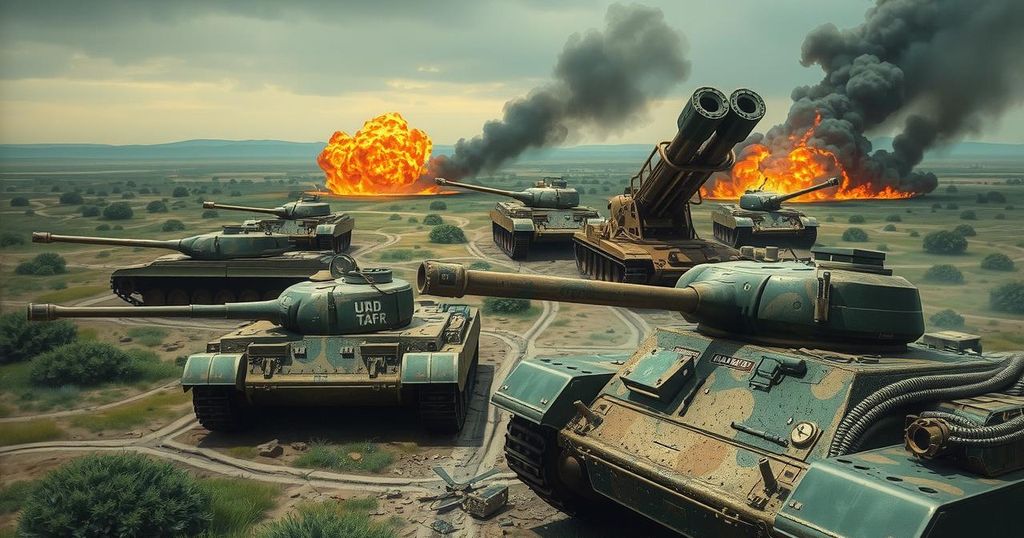NATO Responds to Evolving Russia-North Korea Military Cooperation
North Korea has increased military cooperation with Russia by sending additional troops and military aid. Ukraine reports significant losses among North Korean forces. The US and South Korea are responding with joint exercises to counter North Korean tactics. NATO is also integrating lessons from the Ukraine conflict into its defense strategy, highlighting the growing threat of the North Korea-Russia military alliance.
Recent developments from the Kursk front reveal a significant escalation in military cooperation between North Korea and Russia. North Korea has dispatched an additional 3,000 soldiers to reinforce the Russian frontlines. Despite the influx, Ukrainian sources report that North Korea has inadequately replenished its troops, as over 4,000 soldiers from an initial contingent of 12,000 have already been lost.
In conjunction with troop reinforcements, North Korea is enhancing its military assistance to Russia, compensating for deficiencies in Russia’s defense industry amidst its ongoing struggles. Recent Ukrainian reconnaissance operations have successfully targeted and destroyed several North Korean Koksan self-propelled guns, demonstrating the vulnerabilities of foreign-sourced military equipment. Moreover, Koksan systems have been observed moving through Crimea, indicating a broader dependency by Russia on North Korean armaments.
High-level visits by Sergei Shoigu, Secretary of the Russian Security Council, to Pyongyang highlight the deepening military ties, along with potential strategies for troop and equipment exchanges. For North Korea, the current conflict provides a unique opportunity to gain practical military experience, which could adversely affect South Korean security given the increasing tensions in the region.
In response to this expanding military partnership, the US has intensified its collaboration with South Korea to counter Northern tactics, emphasizing new military exercises aimed at neutralizing the threat posed by war tunnels. These drills are designed to enhance drone reconnaissance capabilities, conducting ground assaults, and effectively targeting enemy forces within such tunnels.
NATO is also gleaning critical insights from the Ukrainian conflict to bolster its defenses against potential threats from Russia and North Korea. Initiatives such as the Joint Analysis Training and Education Centre in Bydgoszcz, Poland, aim to integrate these lessons into NATO’s broader strategic framework, ensuring readiness to address evolving military challenges.
Ultimately, while North Korea’s military support provides some aid to Russia, it also reveals Russia’s growing reliance on external assistance, exposing limitations in its domestic defense manufacturing. The West’s strategic responses suggest that NATO and the US are prepared to confront the implications of the North Korean-Russian alliance, compelling North Korean leadership to reconsider their military strategies as they face increased scrutiny from adversarial forces.
In summary, the evolving military alliance between North Korea and Russia presents a substantial geopolitical challenge, prompting a robust response from the United States and NATO. The latter is actively integrating lessons learned from Ukraine to enhance its military readiness against both adversaries. As North Korea deepens its military cooperation with Russia, the Western powers are preparing to counter new tactics and ensure collective security in the region. The hesitance of North Korean leadership to advance their military engagement with Russia reflects the high stakes involved amidst growing tensions.
Original Source: euromaidanpress.com




Post Comment